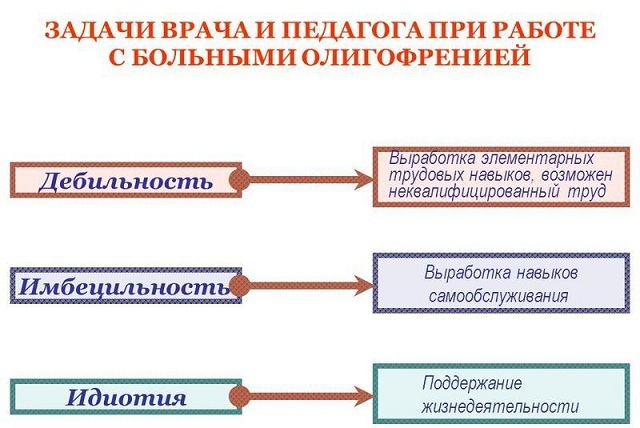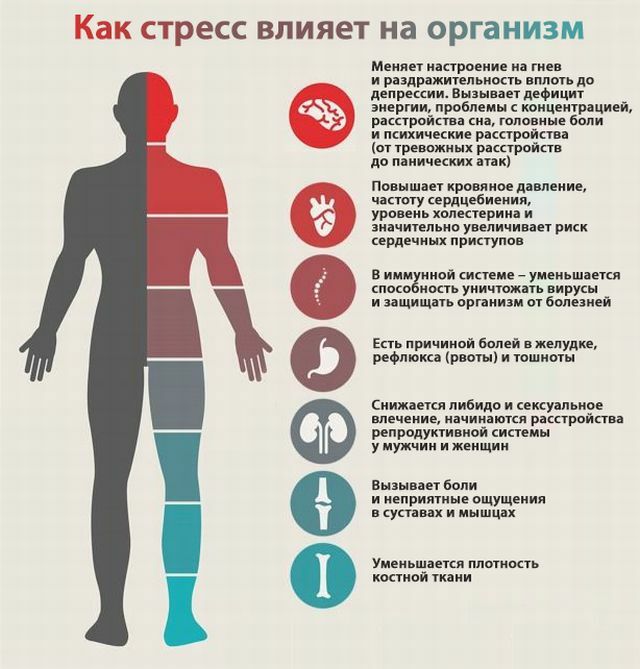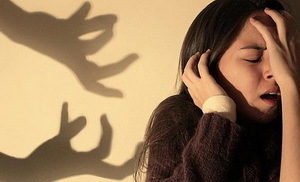 Generalized anxiety disorder( GAD) is a common psychoemotional disorder that involves constant excitement, irritability and a feeling of tension.
Generalized anxiety disorder( GAD) is a common psychoemotional disorder that involves constant excitement, irritability and a feeling of tension.
Unlike phobias, in which fear is caused by a particular thing or situation, generalized anxiety disorder dissipates, leaving behind a general feeling of apprehension or anxiety.
People with GAD can not get rid of their problems, although they usually understand that their concern is unreasonable: it can include an experience about health, money matters, the environment, the state of affairs at the local, national or global level.
This includes dissatisfaction with marriage, family;educational or sports performance, and much more. Anxiety is excessive, uncontrollable;occurs more than a day, accompanied by at least three physical symptoms: fatigue, problems with concentration of attention, muscle tension.
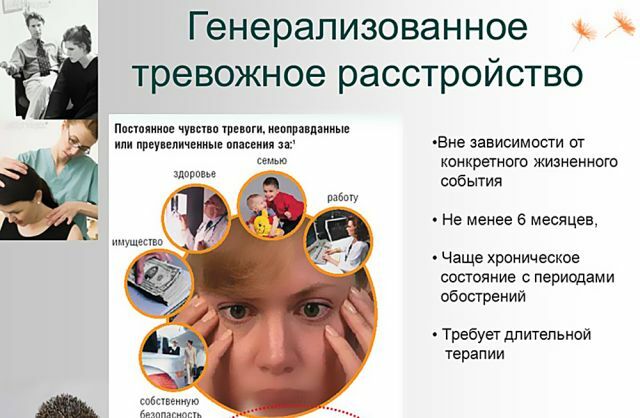
Nature of the clinical picture
Not all patients with generalized anxiety disorder have the same symptoms, but the majority of patients develop a complex of emotional, behavioral and physical signs that often change: they become more pronounced during stress.
Physical manifestations:
- fussiness, tension, restlessness;
- muscle pain( more often in the neck and shoulders);
- headaches.
Emotional manifestations:
- anxiety / emotion;
- sadness;
- anger;
- feeling of shame, guilt;
- apathy, irritability.
Behavioral manifestations:
- hysterics;
- boldness, rudeness;
- difficulty concentrating;
- insomnia or intermittent, brief sleep;
- excessive study of the problem, close attention to it, emphasis on detail, analysis;
- support search;
- if it is a child or teenager - refusal of further training.
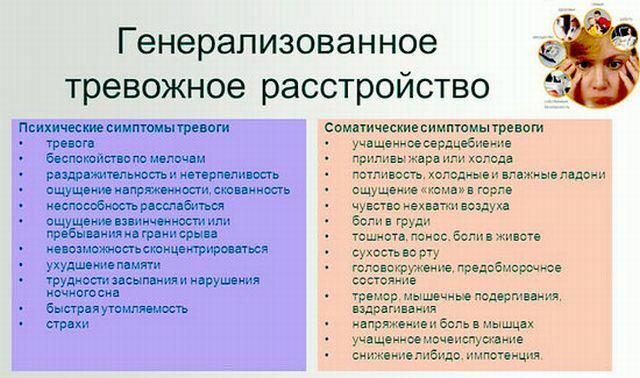
Below is a table that will differentiate GAD from the anxiety of many people.
If the patient does not have a GAD in a timely manner, the following consequences may occur:
- absenteeism in the school;
- inability to establish, maintain a friendly relationship because of fears;
- a general decline in the quality of life;
- rare participation in activities, the desire to be isolated;
- availability of limited interests.
Medical care and correction of
disorders There are several types of treatment for generalized anxiety disorder: medication and cognitive behavior therapy, as well as relaxation.
Drugs for GAD are usually recommended only as a temporary measure that alleviates symptoms. There are three types of drugs designed for this purpose: 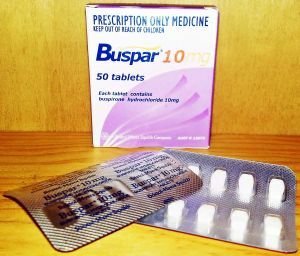
- Buspirone is a soothing drug known under the trade name Buspar. Due to its pharmacological effects on the patient's psyche, he is considered the safest drug for the treatment of generalized anxiety disorder. Although buspirone is an effective enough drug, taking only it is impossible to completely eliminate anxiety.
- Benzodiazepines - anti-anxiety drugs act very quickly( usually within 30 minutes), but after a week of use, cause physical as well as psychological dependence. They are usually recommended only for severe cases of GAD, as they paralyze episodes of anxiety.
- Antidepressants - , the full effect of taking the drugs of this pharmacological group is not felt for the first six weeks, as they possess a cumulative property. Some antidepressants can also aggravate sleep problems, cause nausea.
Calm, just calm
Relaxation methods for patients with GAD:
- Deep Breathing .When a person is nervous, he breathes more often, but superficially. Such hyperventilation causes dizziness, shortness of breath, a sensation of tingling in the extremities. These phenomena are frightening, leading to the further development of anxiety, panic attacks. By breathing deeply, diaphragmatically, the patient can prevent the appearance of these symptoms by calming down.
- Progressive relaxation is aimed at reducing muscle tension. It is permissible to carry out exercises independently, not under the supervision of the instructor. The technique involves systematic tension, and then weakening of different muscle groups. When the body relaxes, the psychoemotional state is normalized.
- Meditation of the .This kind of relaxation, restoration of vital energy and awareness, can change the state of the brain. The regular practice of meditation entails the activity of the left part of the prefrontal cortex, the region of the brain responsible for a sense of tranquility, joy.
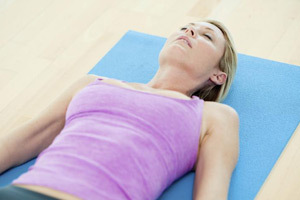 Cognitive-behavioral therapy( CBT) is one type of therapy that is particularly useful in the treatment of GAD.The doctor will help determine the automatic negative thoughts that contribute to the patient's anxiety.
Cognitive-behavioral therapy( CBT) is one type of therapy that is particularly useful in the treatment of GAD.The doctor will help determine the automatic negative thoughts that contribute to the patient's anxiety.
For example, if he is inclined to complicate, always imagining the worst possible outcome of each particular situation, a specialist will be able to convince him, challenging this trend. The treatment is the nature of the conversation, the course is determined by the doctor, depending on the degree of the patient's illness, as well as the individual susceptibility of his organism.
Away the worries and fears!
There are several measures aimed at preventing the development of a generalized anxiety disorder:
- Physical Exercises is a natural and effective anti-stress medication. They relieve tension, reduce the concentration of the stress hormone, increase the level of substances such as serotonin and endorphins, and physically change the brain in such a way that it becomes less prone to anxiety.
- Avoid drinking alcohol and nicotine .Although it may seem that smoking calms, in fact, nicotine is a powerful stimulant that increases, rather than lowers the level of anxiety.
- To eat correctly .Food does not cause emotion, but a balanced diet can help keep your body healthy. Long stay without food contributes to a low concentration of sugar in the blood, which is accompanied by a feeling of anxiety and nervousness. You need to eat more complex carbohydrates( whole grains, fruits and vegetables) that normalize blood glucose and increase the amount of serotonin that has a calming effect. Reduce the amount of refined sugar. Refuse or at least limit the use of sweet snacks and desserts, which drastically reduce blood sugar, leaving a feeling of emotional and physical exhaustion.
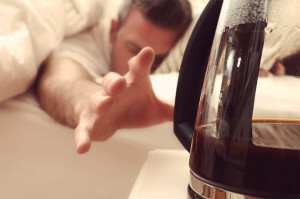
- Limit caffeine to .Refuse or at least reduce the caffeinated drinks. Caffeine is a stimulant that can trigger all sorts of nervous physiological effects and anxiety - the first of them. In addition, the frequency of heartbeats, trembling in the hands, agitation and excitement increases. Caffeine also causes insomnia, and even panic attacks.
In order to control the symptoms of generalized anxiety disorder and not allow it to master you, it is necessary to make changes in the way of life.
Support of close people plays an important role in overcoming this psychoemotional disorder, as the feeling of powerlessness, loneliness aggravates the course of the disease, increasing the likelihood of its transition to a more serious mental disorder.
Social interaction with a person who is able to calm and support is the most effective way to calm the nervous system by eliminating diffuse anxiety.


